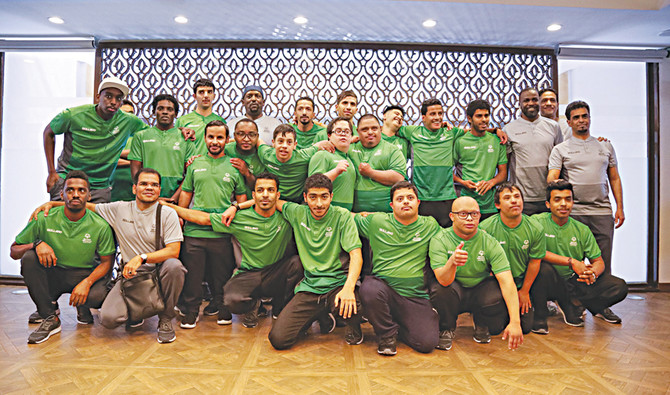ABU DHABI: The athletes have landed, the symbolic torch has arrived, and hundreds of thousands of visitors have descended on the UAE capital as the Special Olympics World Games are set to start in Abu Dhabi on Thursday — the first time the event has been staged in the region in its 50-year history.
Between now and March 21, more than 7,500 athletes, representing more than 190 nations, will participate in 24 officially sanctioned Olympic-style sports throughout Abu Dhabi and Dubai. The Saudi Arabia delegation, which features female athletes for the first time since the country joined in 1994, arrived at Abu Dhabi International Airport earlier this month and will be participating in an array of sports including basketball, bowling, swimming and table tennis.
The Games will officially get underway with a traditional opening ceremony at Zayed Sports City Stadium on Thursday, where the Saudi athletes will join others in flying their country’s flags. A host of global superstars, including Avril Lavigne, Luis Fonsi, Hussain Al-Jassmi, Tamer Hosny, Assala Nasri and DJ Paul Oakenfold will perform in a ceremony that will be broadcast live to millions around the world.
Organizers of the event, the first to be staged in the Middle East and North Africa, hope to redefine the boundaries of what is possible for those living with disabilities, with the inclusion of people of determination with intellectual disabilities in every aspect of the event.
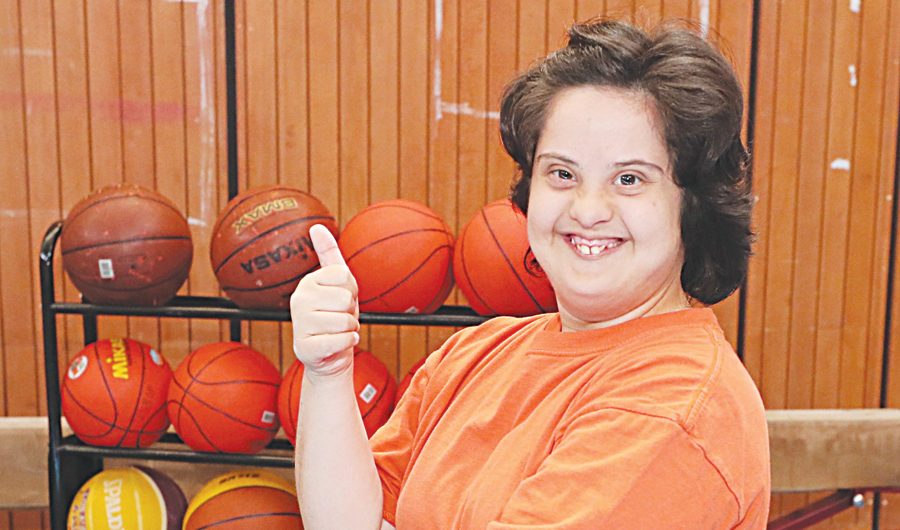
Samia Siddiq, basketball
When Samia Siddiq found out that she would be representing Saudi Arabia in the Special Olympics World Games, her heart started beating very fast.
“I was so happy,” she recalled with a smile. “So happy and excited, and I felt that there was an adventure waiting.”
Siddiq, who will be competing in basketball in the Games, said her love of sports started at the age of three when she was involved in swimming. This passion for sport grew, and she began bowling and playing hockey.
“I love doing any kind of sport because I feel I can be active,” Siddiq said. With basketball, she loves the team aspect. “I feel empowered when I play. I like to run and I feel that there are people around me. It’s a team I can rely on and trust.” As she plays, she has a goal of getting the ball into the net.
“I dribble and shoot and aim, and when it works I feel proud,” says Siddiq, a graduate of the Help Center in Jeddah. “When I score, I feel like I want to score more. It pushes me to do even more and do better for my team.”
As for the Special Olympics, Siddiq cannot wait to be involved, she said with a grin. “I do hope to win, of course.”
Described by those who know her as imaginative, talkative and good with children, Siddiq likes to spend her spare time with her family. “I talk to my brothers about vacations and what I’m doing. They always support me. I play with them, and we play hide-and-seek or games.” Her mother, she explained, is her biggest supporter and someone who always encourages her to do more.
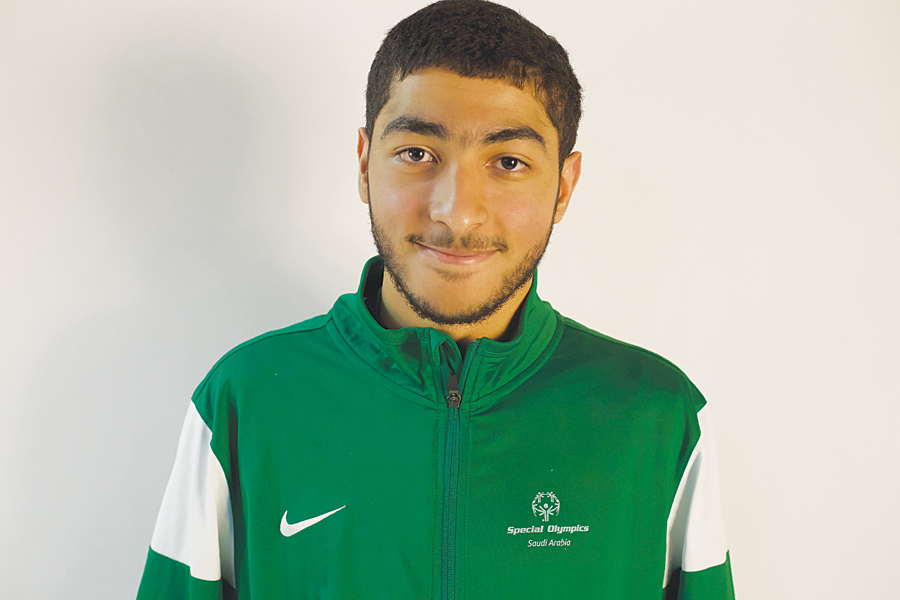
Abdulmalik Almuhayfith, roller skating
When he’s perched on top of roller skates, speeding around corners or whipping through fast moves, Abdulmalik Almuhayfith doesn’t feel fear.
“I feel sort of relieved and comfortable — roller skating is like getting balanced and finding balance,”
Almuhayfith, an athlete with autism,” said. It is a sport in which he has been excelling at for years. During the Special Olympics in South Korea in 2013, Almuhayfith took home a gold medal. It’s one of his favorite memories.
“My father was training me when my coach said that I would be participating in the Special Olympics,” recalls Almuhayfith. “Then during the Games, I won a gold medal, which gave me a level of happiness I can’t describe. One gold and one silver, and I was so happy.” He also took home a medal at the Special Olympics in Austria in 2017.
Almuhayfith lights up when talking about roller skating. Over the past four years, he has worked on improving his speed.
For aspiring roller-skating athletes, Almuhayfith recommends pacing yourself. “You need to learn gradually, because this kind of sport requires time. Each athlete has to go slowly and work through the phases.”
He is particularly excited about these Special Olympics World Games. “I felt so happy that I qualified and so proud of it. I hope to win in Abu Dhabi, and to show the strength of the Arab world while representing Saudi Arabia.”
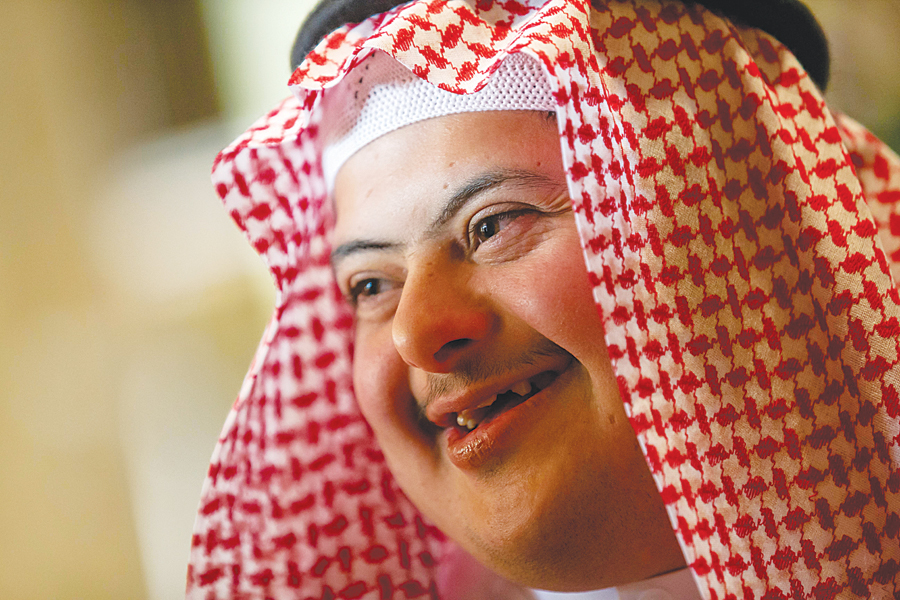
Maan Alkhidhr, basketball
When Maan Alkhidhr is in his basketball team, he feels strong.
“Like there’s a sense of trust and harmony between all of us,” says the athlete. “I see my teammates playing in harmony and I want to give the best I can, and to do more so we reach the goal we’re all trying to reach.”
It’s this team spirit and drive that will see the 25-year-old representing Saudi Arabia in the Special Olympics World Games in Abu Dhabi.
At the age of six months, Alkhidhr was diagnosed with Down Syndrome and a heart condition and given a life expectancy of 12 months. Now Alkhidhr is just months away from his 26th birthday.
He was born and raised in the small town of Sakaka in the northern part of Saudi Arabia, His parents didn’t have access to facilities or school programs that were needed to support Alkhidhr’s condition. His mother educated herself to give her son the best help possible. She used to travel to Jeddah, and sometimes across the border to Jordan, to buy books that gave her guidance on how to support Alkhidhr.
By the time he was seven, Alkhidhr had started swimming. He trained with his family cheering and swimming beside him. They are his greatest supporters.
“My mother is always there for me. She hopes that I reach a good position and do better things,” says Alkhidhr with a smile. “With God’s will, I have reached this kind of sport, and the opportunities that basketball has provided me are many. I’m meeting more people from outside the country, I’m traveling more, and I’m making friends.”
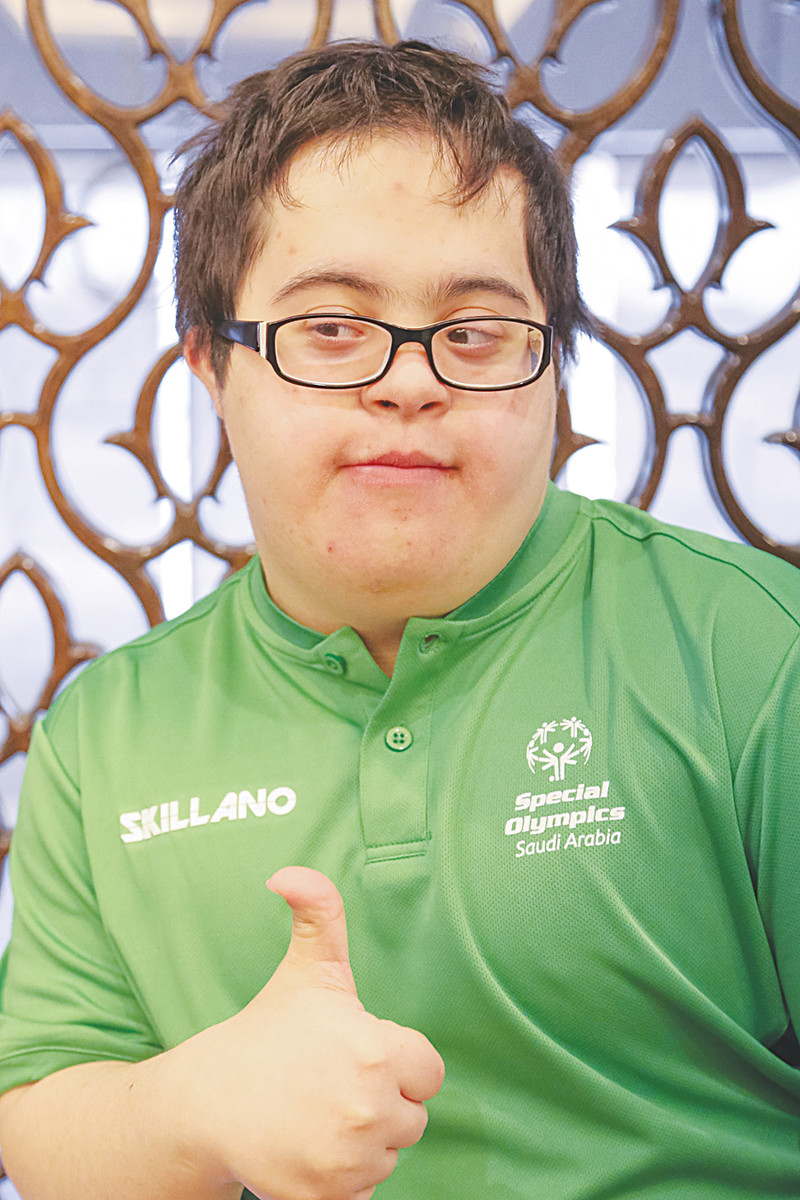
Faisal Algosaibi, swimming
When Faisal Algosaibi won his first gold medal in swimming at an international competition in Los Angeles in 2015, his father, Adel Algosaibi, felt stunned. Algosaibi’s name flashed on the arena’s board, and for a moment his father thought there must be some mistake. Of course, they had trained for it and they had hoped for it. But for it to happen was something else entirely.
Then Algosaibi went on to win two more medals. “For me, at that moment, that’s when my life really started,” said his father.
Now Algosaibi will be heading to the Special Olympics World Games on behalf of Saudi Arabia. He will be swimming while his father cheers from the sidelines. Together they make a powerful sporting duo, one with bonds strengthened through sport.
Algosaibi, an athlete with Down syndrome, is often quiet — he didn’t start speaking until he was in his teens — but cheerful.
Algosaibi began to swim when he was 16. “I don’t like swimming myself,” said his father. “But I learned to swim the best that I could, so that I could transfer what I know to him, and be his friend in swimming. Gradually I found out that he likes this sport.”
Eventually, Algosaibi upgraded to a professional coach in Dammam. “Day by day, hour by hour, he improved,” his father said.
All the practice led Algosaibi to a regional competition in Egypt in 2014, followed by an international competition in Los Angeles in 2015, and more competitions in Oman and Abu Dhabi. Over the years, Algosaibi has won 16 medals. His hope at the World Games is to earn even more.
There are challenges, his father acknowledges. “Still society doesn’t understand individuals who face challenges, not yet. If we go to a shopping center, people are still looking at his face. So I’m trying to change it.”
Part of this involves changing the equation. “I explained to Faisal that they are staring because they are proud of you and the medals you have won for your country. This has helped him understand and shift the sadness in his heart to happiness.”
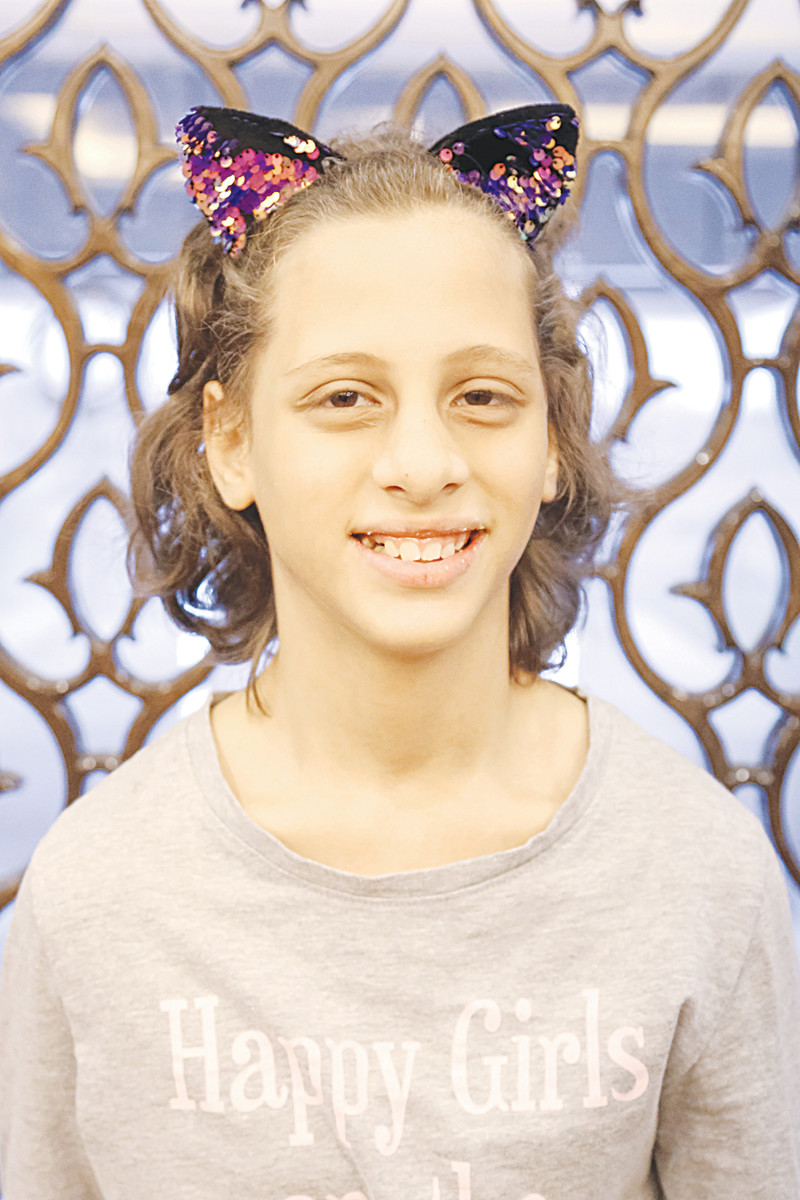
Juri Alquthmi, athletics
Juri Alquthmi looks like an average lanky teenager. Yet this bubbly athlete will be representing Saudi Arabia at the Special Olympics World Games in athletics, competing against hundreds of others in an effort to take home medals for her Kingdom — and, she explains repeatedly, for her family. “I really, really want to make my mom happy,” says Alquthmi. “I want to make her proud.”
Alquthmi, 12, is a runner with an intellectual disability who practices for two hours every day, working on a mix of swimming, cardio and running, focusing often on strengthening her legs. The latter is necessary; she is underweight with weakened muscles.
“When I was told I would represent Saudi Arabia in the Games, I felt real happiness,” Alquthmi said with a grin. Those who know her describe Alquthmi as charismatic and social, easy to talk to and naturally curious. “I want to go and participate so I can make my mom proud. My mom will cheer for me. This makes me happy.”
Swimming in the deep does make her feel a little afraid, Alquthmi acknowledged. But her brother is helping her learn and she likes being in the water.
Training has helped Alquthmi to make and grow friendships. She likes to work out with the other girls on the team. Yet most of all, Alquthmi loves making her mom happy.
“I want to make her proud,” said the beaming teenager. “I hope to win for her.”


